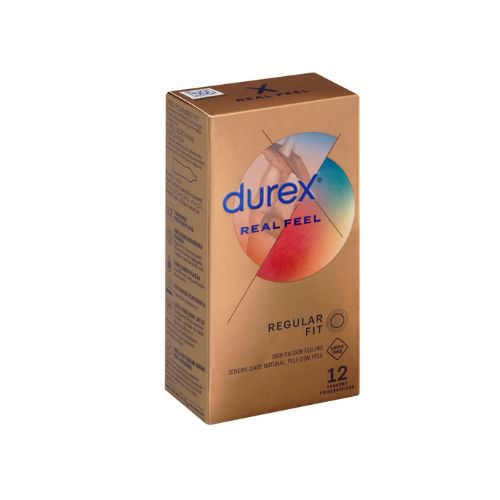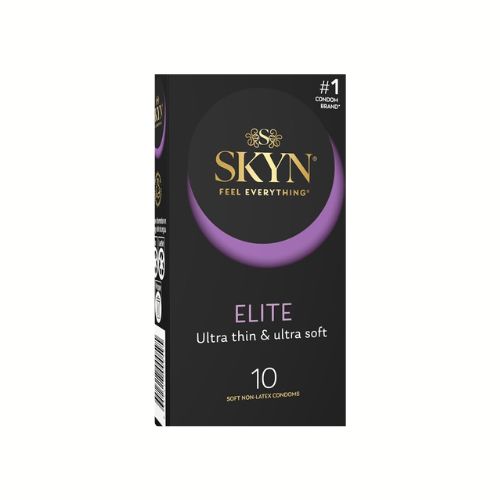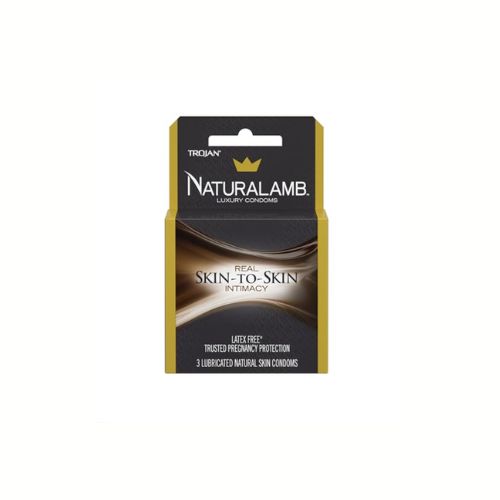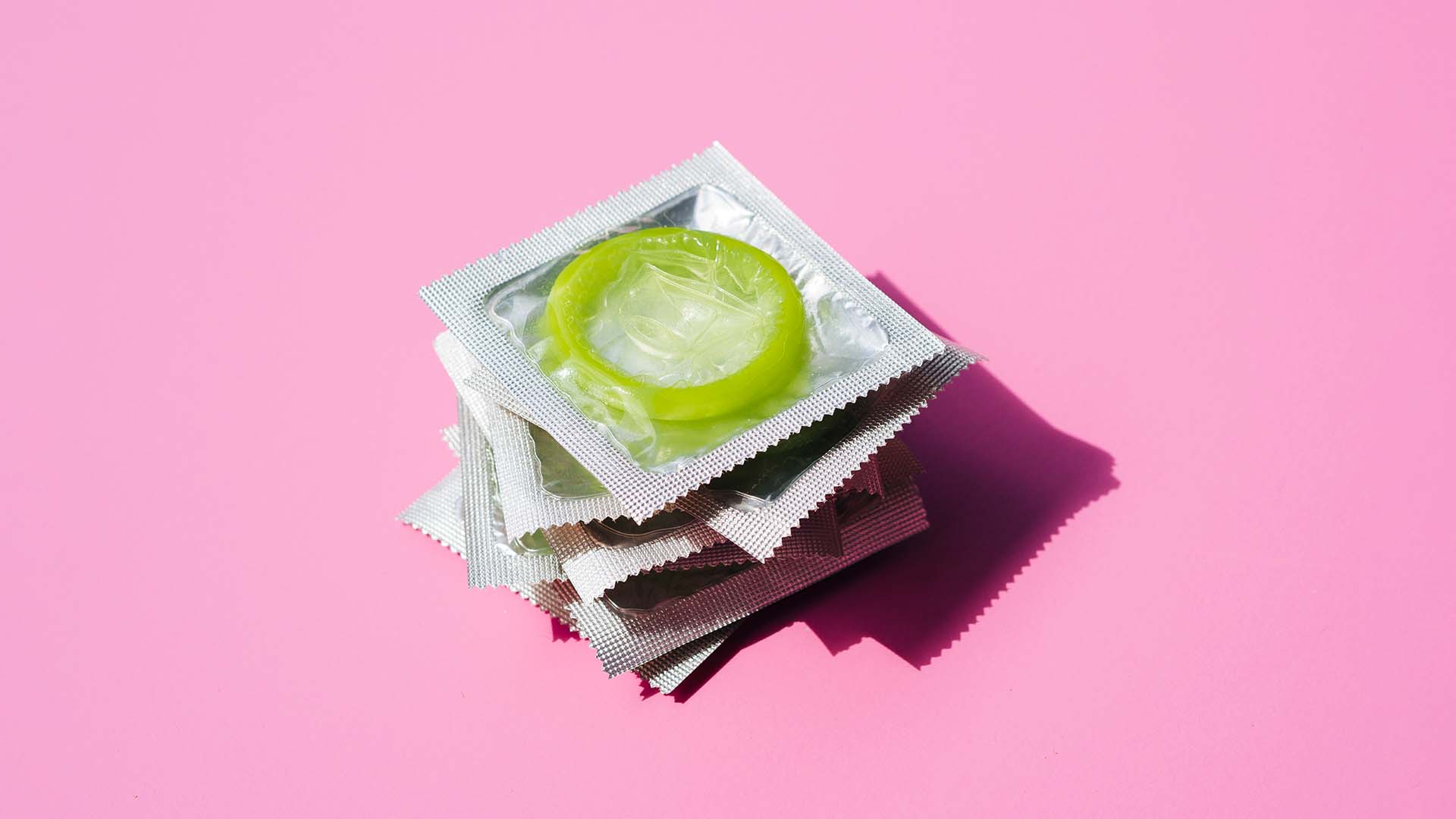Latex is a natural, milky-white liquid collected from the rubber tree and has found its way into many everyday products—including condoms, medical gloves, and balloons. While it’s often taken for granted, some individuals experience serious health effects simply by coming into contact with latex products. A latex allergy occurs when the immune system mistakenly views certain proteins found in natural rubber latex as harmful invaders, triggering reactions that can range from mild skin irritation to severe conditions like anaphylaxis, a potentially fatal allergic reaction.
For many Nigerians, the idea of being allergic to something as common as latex might seem far-fetched. Yet, as explained by Dr. Palesa Kennedy, an obstetrician-gynaecologist based in Hermanus, South Africa, latex allergies are estimated to affect about 5% of the global population. The risk increases for people who already have other allergies, such as asthma, or who are exposed to latex frequently—think of medical professionals, chefs, or anyone who undergoes repeated medical procedures. If you suspect you may have a latex allergy, Dr. Kennedy recommends speaking to your healthcare provider and considering allergy testing. She also shares more insights and advice further down.
Who Is Likely To Have a Latex Allergy?
Certain groups are at notably higher risk of developing latex allergies, according to Dr. Kennedy and other healthcare practitioners. In Nigeria and across Africa, these groups commonly include:
- Healthcare workers (doctors, nurses, laboratory staff) regularly using latex gloves or equipment
- Workers in the food industry who often use latex gloves for hygiene
- People who have undergone multiple surgeries, especially children born with conditions like spina bifida
- Individuals with other allergic conditions such as hay fever, asthma, or food allergies—particularly to avocado, banana, chestnut, kiwi, papaya, peach, or nectarine
Nigeria’s large and youthful population, combined with growth in the healthcare and hospitality sectors, means more people are now at risk. As reported in public health awareness studies, many affected individuals often remain undiagnosed or may attribute their symptoms to other causes, especially with limited access to allergy testing outside major cities like Lagos, Abuja, and Accra in Ghana.
All You Need to Know About Your Latex Condom Allergy
The Cause: Direct skin contact with latex, as with latex condoms, can trigger an allergic reaction. People sensitive to latex may develop symptoms moments after exposure or hours later, depending on the individual and the level of contact.
The Symptoms: The most common signs are irritation, itching, swelling, redness, and sometimes small blister-like bumps in the genital area after using latex condoms. For some, the allergy can become more severe, causing symptoms like rashes (hives), sneezing, nasal congestion, watery eyes, breathing difficulty, swelling of the lips or throat, and, in rare cases, anaphylaxis—which is a medical emergency needing immediate care.
The Remedy: Avoidance remains the best approach—this means choosing alternatives to latex products whenever possible. According to Dr. Kennedy, carrying alternative condoms and wearing a medical alert bracelet is important, especially if you have a history of severe reactions. For those at risk of anaphylaxis, having an epinephrine injector available at all times is vital. Milder reactions can often be managed with antihistamines or corticosteroids, but consult a medical professional before taking any medication.
Is My Sexual Health Doomed If I Have a Latex Condom Allergy?
Being diagnosed with a latex allergy can be unsettling, especially for those concerned about safe sex and sexual health. However, Dr. Kennedy counsels that there are safe, effective alternatives to latex condoms. “Some female condoms use a special kind of plastic like polyurethane or nitrile rubber and provide strong protection against pregnancy, STIs, and HIV/AIDS,” she notes. Nigeria and other African countries are seeing increased awareness and variety in condom choices, making latex-free options more accessible than before.
Among available choices:
- Polyurethane male condoms offer protection and are widely available. However, people sometimes complain that they are less stretchy and may feel less snug, making them more prone to shifting or slipping off.
- Lambskin condoms are made from processed sheep intestines and are naturally hypoallergenic, which can be a relief for those with severe allergies. However, they are only effective in preventing pregnancy, not sexually transmitted infections (STIs).
- Polyisoprene condoms are made from synthetic rubber and offer similar strength, safety, and performance to traditional latex condoms. These are generally well-tolerated and safe for people with latex allergies.
In major Nigerian cities, a growing number of pharmacies and supermarkets now stock a range of these alternatives, reflecting consumer demand for both sexual health protection and allergy safety.
Latex-Free Condom Alternatives: What’s Available in Nigeria and Beyond?
Whether you’re living in Lagos, Abuja, Port Harcourt, Accra, or elsewhere in West Africa, knowing your options is key to maintaining both safety and comfort. Here are some of the top latex-free condom choices consumers can find online and in select stores:
Durex Real-Feel Non-Latex Lubricated Condoms

These condoms are made with polyisoprene—a synthetic rubber free of allergenic latex proteins. Durex Real-Feel is known for its ultra-thin design, providing a natural, skin-on-skin sensation. Each condom is electronically tested for strength, flexibility, and reliability, increasing users’ confidence in their safety and performance.
SKYN Elite Ultra-Thin Latex-Free Condoms 10s

Considered one of the best-known polyisoprene condoms globally, SKYN Elite combines ultra-softness with a near-invisible feel. It is highly popular among those seeking both comfort and allergy prevention. In recent years, these condoms have made their way to leading pharmacies and online retailers serving West African customers.
Trojan NaturaLamb Latex-Free Luxury Lubricated Condoms

These premium condoms are crafted from natural lambskin and contain gentle, water-based lubricant. The distinctive ‘Kling-Tite’ band helps the condom stay in place for added peace of mind. Keep in mind: while NaturaLamb condoms protect against unplanned pregnancy, they do not provide protection from sexually transmitted infections (STIs), including HIV.
When choosing an alternative, it’s always best to consider both allergy safety and protection against infections. Polyisoprene and polyurethane condoms provide the full package—pregnancy and STI prevention. Lambskin offers excellent comfort but should only be used if protection from infections is not a concern, and after discussing it with a healthcare provider.
Local Realities and Expanding Access
In Nigeria, access to sexual health information and products has improved over the last decade, yet challenges remain—especially in rural or lower-income communities. Social stigma, lack of education on allergies, and misconceptions about non-latex products can make it hard for people to seek better alternatives. In Ghana and other West African countries, civil society groups and NGOs have stepped up campaigns for safer sex options, encouraging the government and health agencies to improve access and affordability.
Local pharmacists in Lagos, like Mrs. Chiamaka Okoye of Ikeja, told us, “We’ve seen more people asking about condom allergies and requesting alternatives in the last two years, especially university students and young couples.” Details like this reflect a continent-wide trend of growing sexual health awareness.
Expert Advice and Next Steps
If you suspect you have a latex allergy—or if you’ve already experienced reactions after using latex products—consult your healthcare provider for diagnosis and guidance. Demand for safer, inclusive options is helping drive broader access and awareness, but individuals must remain proactive about communicating their needs, especially in healthcare settings. Don’t hesitate to ask for latex-free gloves, condoms, or medical supplies.
Using non-latex condoms is not just about avoiding discomfort; it’s about staying safe, healthy, and empowered. Share this information with your community, friends, and family, as collective awareness is vital for positive change in West Africa and beyond.
Have you or someone you know dealt with a latex allergy in Nigeria or West Africa? What’s your experience with finding safe alternatives for condoms or medical supplies? Share your story, insights, or tips below—and let us know what other health issues matter to you!
To get your story published or to sell a news tip, email us at story@nowahalazone.com. For general support, reach out at support@nowahalazone.com.
Stay connected with real conversations—follow us on Facebook, X (Twitter), and Instagram for the latest updates and health insights.










